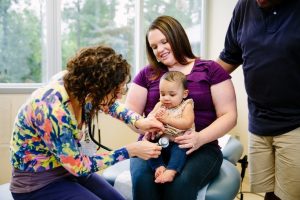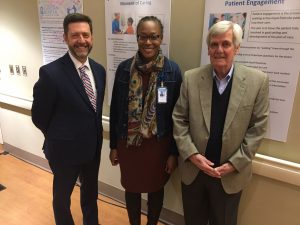By Katie Nash
Each year, approximately 500,000 births involve mothers living in rural areas, according to the Centers for Disease Control and Prevention.
However, maternity care units in rural hospitals across the United States are closing at unprecedented rates.
These closings place thousands of mothers into difficult, even life-threatening positions. Women must travel farther to receive care, a major challenge for those who may not have access to transportation. Distance from maternity care directly impacts health outcomes for mothers and children, particularly in high-risk birth cases where every minute counts.
Behind these closings lie the larger issues of funding and availability. Smaller rural and community hospitals often have difficulty recruiting health care providers specifically trained to provide prenatal and delivery care. Even if these hospitals can attract health care professionals to provide these services, many lack the financial resources that larger hospitals have to make a team of specialized physicians and other providers possible.
In North Carolina alone, eight rural maternity care units have closed in the past three years. Now, UNC School of Medicine’s Department of Family Medicine is helping bring maternity care back to where it is most needed.
In alliance with the Chatham County Department of Health, Piedmont Health Services, and local medical providers and non-profits, the UNC Family Medicine is poised to dramatically improve maternal and child health in the community. On February 27, these organizations publicly joined forces with UNC Chatham Hospital in Siler City to dedicate a wing of the hospital for the new maternity unit. The wing will undergo renovation and restoration before a planned opening in September 2020.

Department of Family Medicine Assistant Professor Dana Iglesias, MD, MPH says that this partnership is focused on bringing high-level care and training from UNC into rural Chatham County, but also meeting the community halfway.
“We want to make sure we’re asking, ‘Who is this community? How can we bring them to the table?’” Dr. Iglesias says.
There has been no maternity unit in Chatham County for nearly 30 years, with the last unit closing in 1991 due to a lack of funding and decreasing staff. As a result, Dr. Iglesias stresses the importance of gently introducing the new unit back into the cultural dynamics and needs surrounding the population and ensuring that community voices have a say in the program’s development.
Dr. Iglesias and her team have been holding a series of listening sessions with members of the Chatham County community, with a particular focus on the Spanish-speaking residents of Siler City, who make up almost half of the town’s population.
“It is important to note the differences in labor preferences across cultures, particularly in the diverse Chatham County community, and how these differences affect proper care delivery,” says Ellen Chetwynd, PhD, RN, of UNC Gillings School of Global Public Health.
Among the common themes at these sessions, Dr. Chetwynd noted that, above all, community members desire a hospital environment that is culturally and linguistically accessible and an environment of compassionate care in which mothers feel they are truly being heard and respected by their healthcare providers. Latina mothers in particular expressed a need for physicians and health care providers who are fluent in Spanish, as opposed to having to communicate their concerns through an interpreter.
Dr. Chetwynd hopes these findings will lead to the implementation of equity and diversity training for providers in the unit, such as implicit bias training and trauma-informed care delivery.

Once the unit is fully operational, the program expects to provide at least 200 deliveries each year in a county where many mothers previously had to travel more than an hour to receive proper care.
The program also plans to graduate three residents from UNC’s rural and underserved family medicine residency track each year, educating physicians who are specifically prepared for and dedicated to rural maternal care. A 2008 study suggests that physicians who complete their residency training in rural or underserved areas are three times more likely to continue their careers in similar settings. In keeping with this trend, the program has the potential to provide the next generation of health care providers in other rural North Carolina communities in need.
“I believe the most important thing for us to communicate these mothers, and the Chatham County community in general, is ‘we see you’,” says Dr. Iglesias. “As a health care system, we see your needs, we care about you and we are committed to you.
Because maternity care is such a critical need in the area, UNC is heavily invested in the program’s success. Members of the community and state have already provided $999,000 to support this opportunity, but the need for additional funding remains great. To ensure the longevity of the new maternity unit and provide the necessary equipment and resources to care for newborns and their mothers, the hospital is reliant on private donor support. Dr. Iglesias also stresses the indirect benefits of philanthropy for the hospital, such as creating new jobs in the county or potentially developing a transportation program for mothers in need.
“There has been a lot of hardship and suffering in this area through the years, and I think for donors, health care providers and the UNC Health system to express their dedication speaks volumes.”
To make a gift to the Chatham Hospital Maternity Program, please click here.
To make a gift to the Underserved Primary Care Teaching Health Program in Family Medicine, please click here.
For more information on how to support rural health care, please contact Jen Bowman Interim Senior Executive Director of Development, at 919-966-0600 or jennifer_bowman@med.unc.edu.
